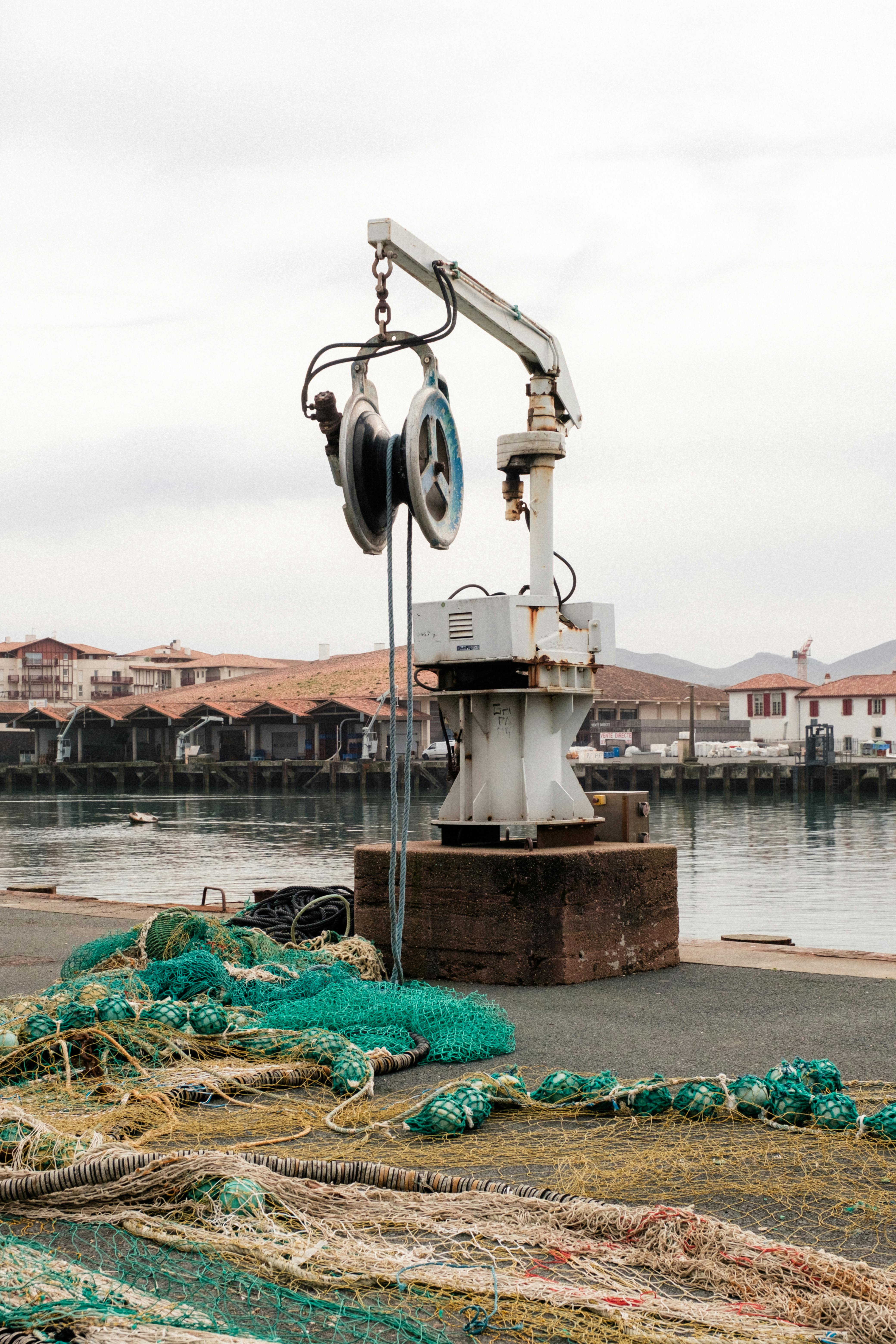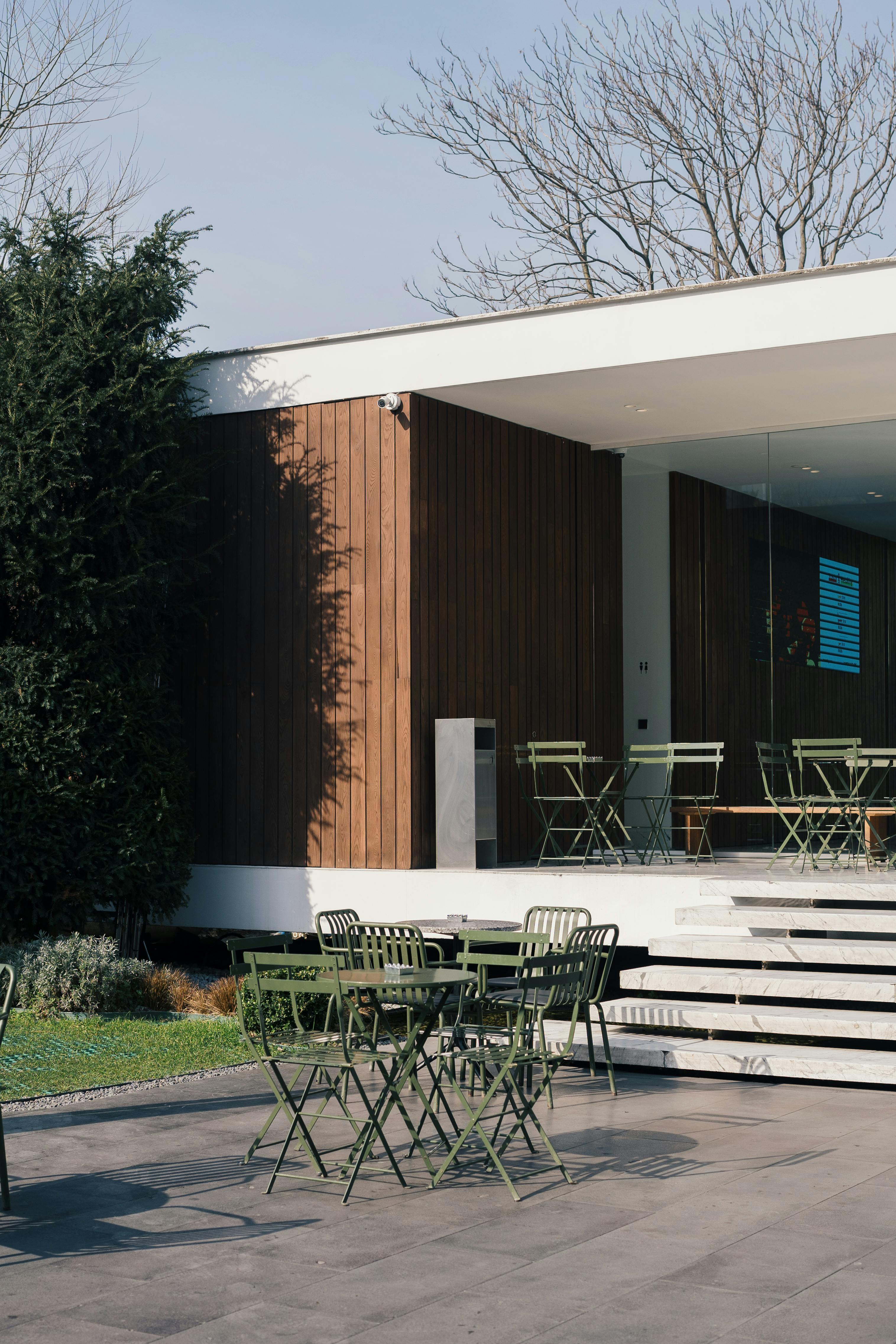If you’ve ever dreamt of creating a tranquil sanctuary right in your own backyard, a deck is the perfect addition to turn that dream into a reality. But before you embark on this exciting project, it’s essential to have a clear understanding of the costs involved. From the materials and labor to the size and complexity of your desired deck, there are numerous factors that can influence the overall price. In this article, we will break down the various components that contribute to the typical cost of building a deck, allowing you to make informed decisions and ultimately bring your backyard oasis to life.
Factors that influence deck building costs
When it comes to building a deck, there are several factors that can influence the overall cost. It’s important to consider these factors before embarking on any deck building project to ensure you have a clear understanding of what to expect. Here are the key factors that can impact deck building costs:
Size and complexity of the deck
The size and complexity of the deck are two significant factors that can affect the cost. The larger the deck, the more materials and labor will be required, resulting in higher costs. Additionally, a more complex design with multiple levels, intricate patterns, or unique features will require additional time and expertise, which can also drive up the overall cost of the project.
Materials used
The type of materials used for your deck can have a substantial impact on the cost. There are a variety of options available, including wood, composite, and PVC materials. Each material comes with its own price tag, and the choice you make will largely depend on your budget and personal preferences.
Labor costs
Labor costs are another significant consideration when estimating the cost of building a deck. Hiring professionals to handle all aspects of the construction can be more expensive compared to opting for a do-it-yourself approach. However, it’s important to weigh the cost against your level of expertise and the complexity of the project. Building a deck requires specific skills and knowledge, so it’s crucial to assess your abilities before deciding whether to hire professionals or tackle the project on your own.
Location
The location of your deck can also impact the cost. Different areas have varying labor rates and material costs, so it’s essential to consider regional pricing when estimating the overall expenses. Additionally, local building codes may have specific requirements that need to be met, which can add to the overall cost. It’s important to research the local regulations and factor this into your budget.
Permits and inspections
Obtaining the necessary permits and undergoing inspections throughout the construction process is an essential part of deck building. However, these requirements come with additional costs. Permit fees can vary depending on your location, and inspections may also incur fees. It’s crucial to familiarize yourself with the permitting process in your area and include these costs in your overall budget.
Additional features
If you’re looking to add extra features to your deck, such as stairs, railings, balusters, seating, planters, or lighting, it will undoubtedly impact the overall cost. Each added feature requires additional materials and labor, so it’s important to consider these factors when estimating the budget for your project.
Average cost breakdown for deck building
To provide a more comprehensive understanding of the cost breakdown for deck building, here is a breakdown of the typical expenses involved:
Size of the deck
The size of the deck is one of the primary factors that will influence the cost. Deck sizes can vary significantly, ranging from small intimate spaces to expansive multi-level structures. On average, the cost per square foot for building a deck can range from $20 to $60, depending on factors such as location and materials used.
Materials cost
The choice of materials will greatly impact the overall cost of building a deck. Wood, composite, and PVC are the most common decking materials, each with its own price point. Wood decks tend to be more affordable, with an average cost of $25 to $35 per square foot. Composite and PVC materials are higher in cost, ranging from $35 to $60 per square foot.
Labor cost
Labor costs can vary depending on the complexity of the project, the location, and the experience and expertise of the professionals hired. On average, labor costs can make up 30% to 50% of the total deck building expenses. Hiring professionals can range from $30 to $60 per hour, depending on various factors.
Permit and inspection fees
Permits and inspections are necessary steps in the deck building process, and they come with additional costs. Permit fees can range from $50 to $500, depending on your location and the size of the deck. Inspection fees may also apply and typically range from $100 to $500, depending on the complexity of the project and the number of inspections required.
Additional features cost
If you plan to incorporate additional features into your deck, such as stairs, railings, balusters, seating, planters, or lighting, the cost will increase accordingly. Each feature will require additional materials and labor, so it’s important to factor in these costs when budgeting for your project. The overall cost of additional features can vary significantly depending on the specific requirements and preferences.

Size and complexity of the deck
Determining the deck size
Before starting any deck building project, determining the size of the deck is crucial. It will influence the overall cost as well as the functionality and aesthetics of the space. Consider how you plan to use the deck and how much space you will need for seating, dining, or any other activities you have in mind.
Impact of complexity on costs
The complexity of the deck design can have a significant impact on the overall cost. A simple, single-level deck will generally be more affordable compared to a multi-level deck with intricate patterns, curved edges, or unique features. The more complex the design, the more time and expertise it will require, resulting in higher labor costs. It’s important to carefully consider the level of complexity you desire and balance it with your budget.
Materials used
Types of decking materials
There are various types of materials commonly used for decking, and each comes with its own benefits and price points. Wood is a classic and affordable decking material, available in different types such as pressure-treated pine, cedar, and redwood. Composite decking is made from a combination of wood fibers and recycled plastic, offering durability and low maintenance. PVC decking is another popular option known for its durability, resistance to moisture, and low maintenance requirements.
Cost comparison of decking materials
When comparing the costs of different decking materials, it’s important to consider not only the initial investment but also long-term maintenance and durability. Wood decking tends to be the most affordable option, with pressure-treated pine costing around $1.50 to $2.50 per linear foot, while cedar and redwood can range from $3 to $7 per linear foot. Composite decking materials are typically priced between $2.50 to $5 per linear foot, and PVC decking can range from $4 to $8 per linear foot.
Factors affecting material costs
Several factors can influence the cost of decking materials. The type and quality of the material, as well as the brand, can affect the price. Additionally, the size and complexity of the deck will determine the amount of material required, directly impacting the cost. It’s also important to consider maintenance requirements and the lifespan of the material when evaluating the overall value and cost-effectiveness.

Labor costs
Hiring a professional vs. DIY
One of the significant decisions when it comes to deck building is whether to hire a professional or tackle the project as a do-it-yourself (DIY) endeavor. Hiring professionals ensures expertise and guarantees a high standard of workmanship, but it can come with higher labor costs. On the other hand, DIY projects can save money on labor, but it requires time, effort, and a certain level of knowledge and skill.
Factors affecting labor costs
Several factors can influence the labor costs for deck building. The complexity of the design, the size of the deck, and the regional labor rates are all important factors to consider. Additionally, the experience and reputation of the professionals hired can impact the labor costs. It’s essential to obtain multiple quotes and carefully evaluate the qualifications of potential contractors to ensure you are getting the best value for your budget.
Location
Regional cost variations
The cost of building a deck can vary depending on your location. Regional labor rates, material costs, and market demand can all contribute to variations in pricing. Higher-demand areas with limited access to resources may have higher costs, while areas with a more competitive market may offer more affordable options. It’s important to research the average cost of deck building in your specific region to get an accurate estimate.
Impact of local building codes
Local building codes and regulations play a crucial role in the cost of deck building. These requirements are in place to ensure the safety and structural integrity of the deck. However, meeting these codes can result in additional costs, such as the need for specific materials, certain construction techniques, or additional inspections. It’s important to familiarize yourself with the local building codes and include these requirements in your budget.

Permits and inspections
Permit costs
Obtaining the necessary permits for deck construction is typically a requirement in most areas. The cost of permits can vary significantly depending on your location and the size of the deck. Generally, permit fees can range from $50 to $500. It’s important to factor in these costs when budgeting for your project to ensure compliance with local regulations.
Inspection fees
Inspections are often required at various stages of the deck building process to ensure compliance with building codes and regulations. These inspections may incur additional fees, which can vary depending on the complexity of the project and the number of inspections required. Inspection fees typically range from $100 to $500. It’s essential to budget for these fees to avoid any unforeseen expenses.
Cost of meeting building requirements
Building requirements set by local authorities can impact the overall cost of deck construction. These requirements may include specific materials, structural considerations, or safety features. Meeting these requirements may involve additional expenses, such as installing specific hardware or reinforcing the structure. It’s important to carefully review the building requirements and include these costs in your budget.
Additional features
Adding stairs, railings, and balusters
Adding stairs, railings, and balusters to your deck can enhance safety and aesthetics but also increase the overall cost. The cost of these additional features will depend on the materials used, the complexity of the design, and the length of the railing and number of balusters required. It’s important to consider your needs and preferences when budgeting for these features and to ensure compliance with local building codes.
Incorporating seating and planters
Incorporating seating areas and planters into your deck can create a more inviting and functional space. The cost of seating and planters will depend on the materials used, the size and design of the elements, and any additional features such as built-in storage. It’s important to consider these costs when budgeting for your deck project and to ensure the elements are properly integrated into the overall design.
Installing lighting and electrical components
Installing lighting and electrical components can extend the usability of your deck into the evening and add ambiance to the space. The cost of lighting and electrical installations will depend on the type and number of fixtures, wiring requirements, and any additional features such as built-in speakers or outlets. It’s important to budget for these installations and consult with professionals to ensure the proper installation and compliance with electrical codes.
Size of the deck
Determining the square footage
Determining the square footage of your deck is an essential step in estimating the overall cost. The square footage will impact the amount of materials required and the labor involved. To calculate the square footage, measure the length and width of the deck and multiply these values. Keep in mind any additional areas such as stairs, landings, or built-in features that will contribute to the total square footage.
Impact of size on overall costs
The size of the deck directly correlates with the overall costs. Larger decks require more materials, such as decking boards, joists, and beams, which will result in higher material costs. Additionally, larger decks may require more extensive site preparation and excavation, further impacting the overall expenses. It’s important to carefully consider the size of your deck and its impact on your budget.
Additional features cost
Factors affecting cost
Several factors can influence the cost of additional features for your deck. The materials used, the complexity of the design, and the size of the features will all contribute to the overall cost. The type of material, such as wood, composite, or PVC, and the specific design elements, such as curved railings or built-in seating, will impact the pricing. It’s essential to consider these factors when budgeting for additional features.
Pricing for common additions
The cost of common additions will vary depending on the specific requirements and preferences. As a general guideline, the cost for stairs can range from $150 to $200 per step, railings can range from $30 to $60 per linear foot, and built-in seating and planters can range from $200 to $500 per feature. However, it’s important to obtain accurate quotes from professionals and suppliers to get a precise estimate for your specific project.
Building a deck is an exciting project that can greatly enhance the functionality and aesthetics of your outdoor living space. However, it’s important to consider the various factors that can influence the overall cost. By evaluating the size and complexity of the deck, the materials used, labor costs, location factors, permit requirements, and additional features, you can accurately estimate and budget for your deck building project. Remember to research and obtain multiple quotes from professionals to ensure the best value for your investment. With proper planning and budgeting, you can create a beautiful and functional deck that will be enjoyed for years to come.


